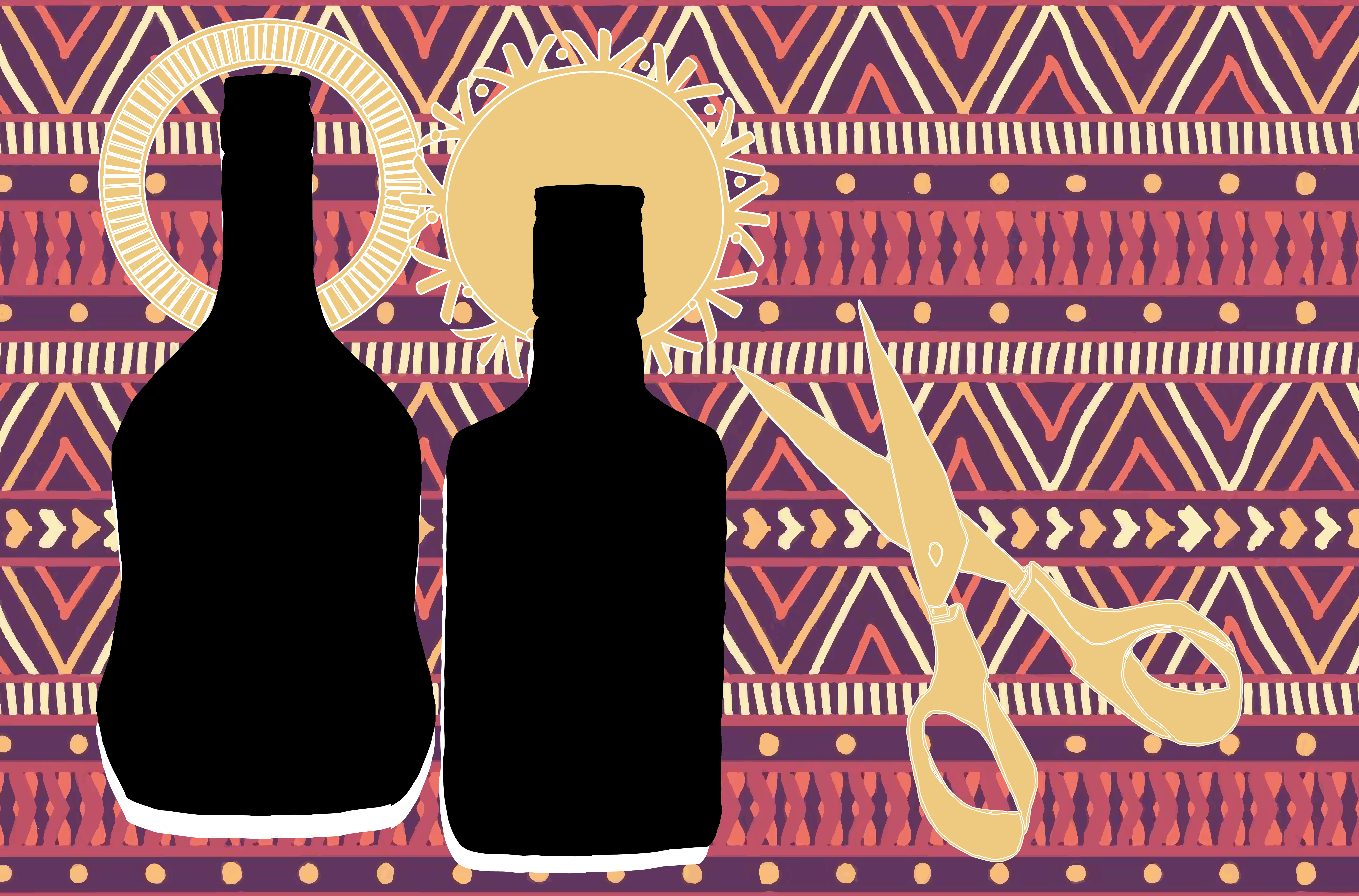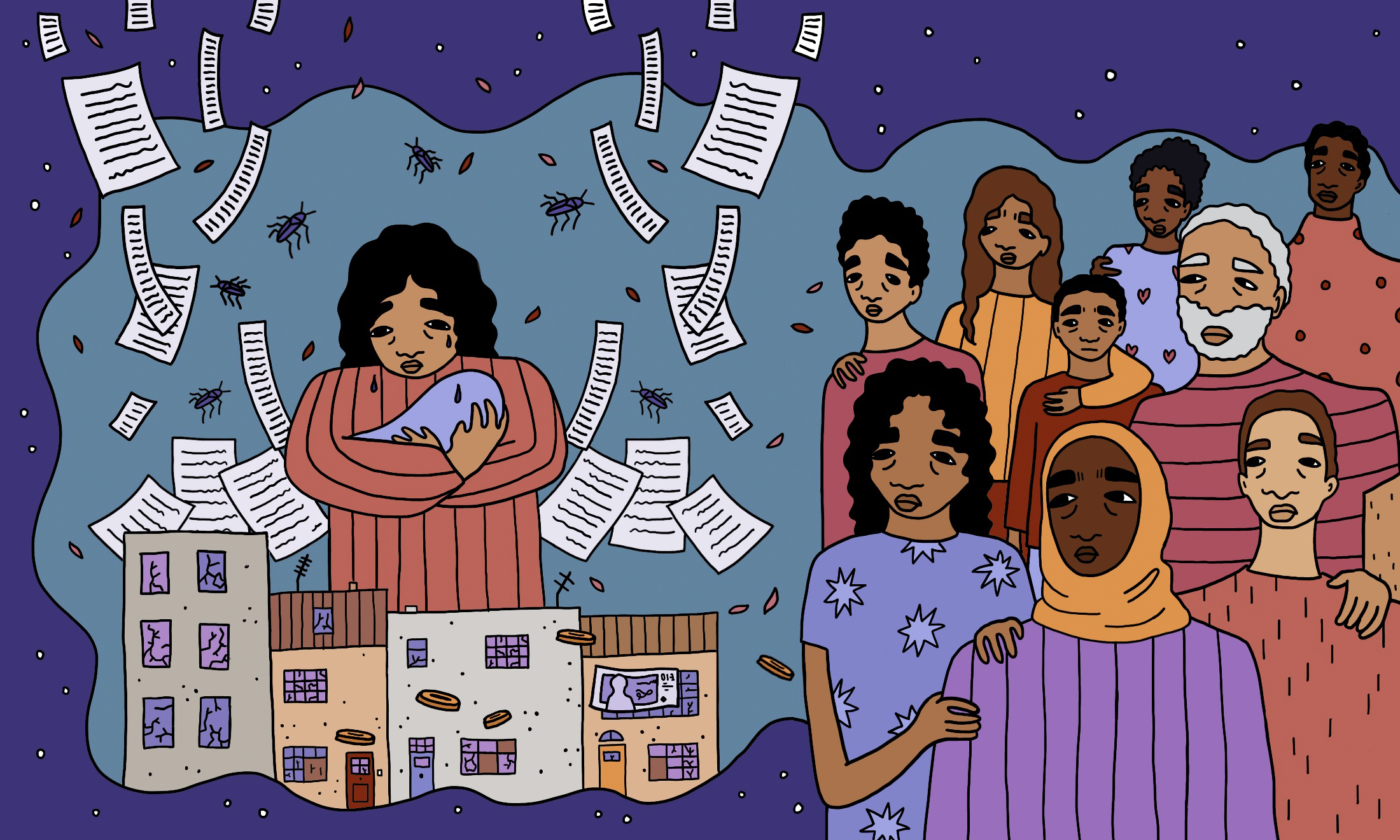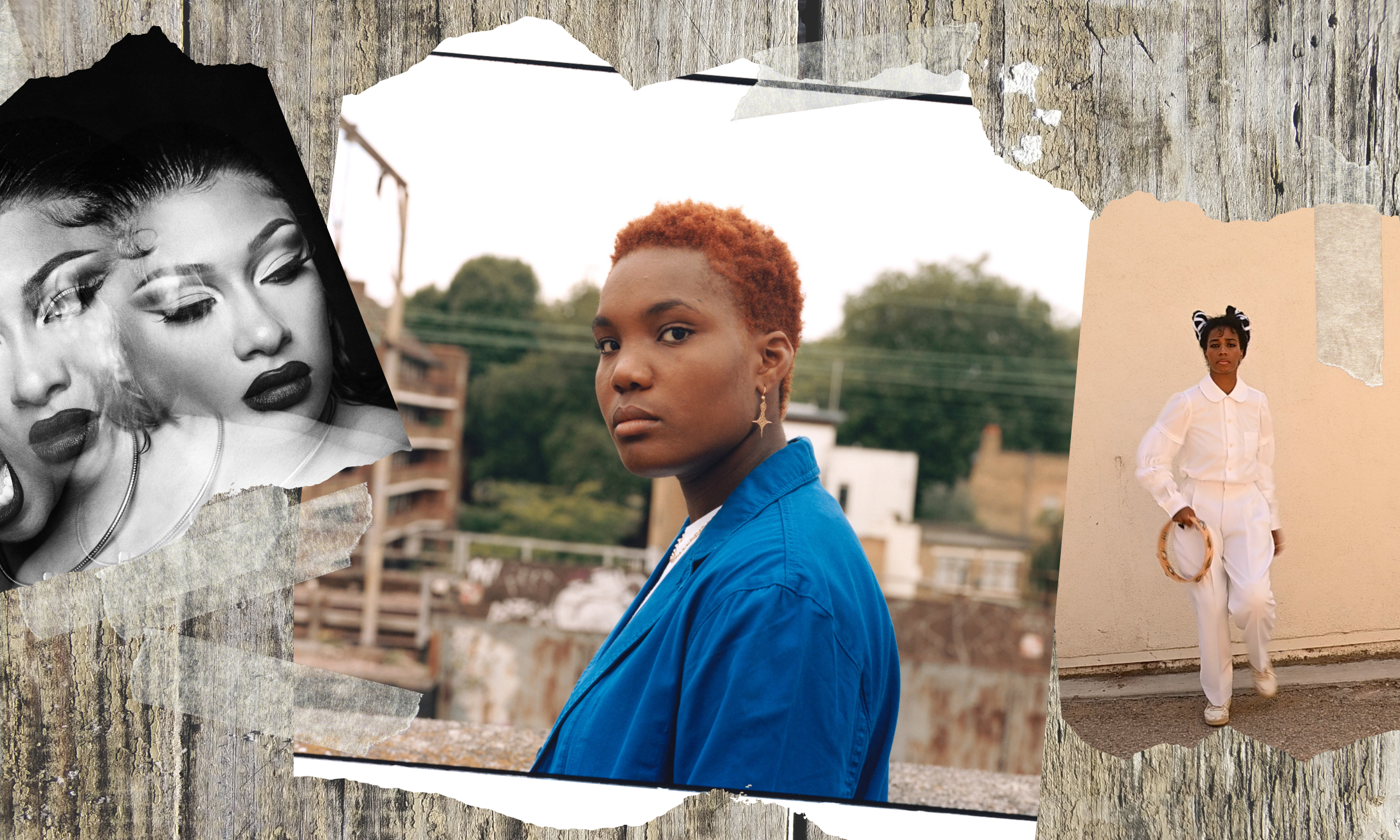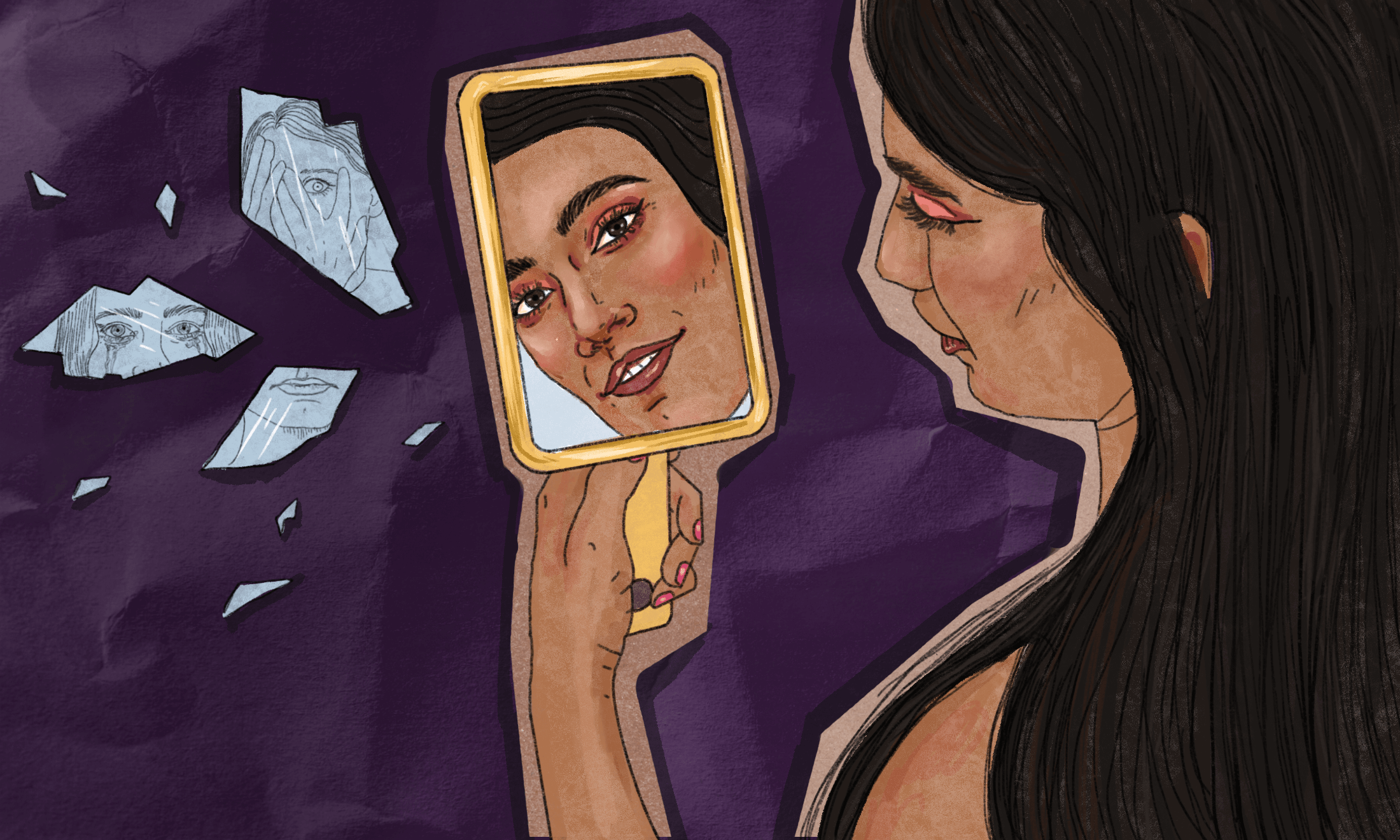
Until the 7 November, 2016, I was a self-proclaimed blackout drinker. A blackout is drug induced amnesia which is usually a result of excessive drinking. I’ll get science-y for a moment and explain: Alcohol blights the brain’s ability to take short-term memories and transfer them into long-term memories; anyone who engages/has ever engaged in binge drinking will know exactly what I’m referring to.
In this tumbling civilisation of ours, we live according to rules and beliefs that have been subliminally and deliberately placed in our minds, most of which we don’t allow ourselves to question. A big one at present is our cultural response to mental health and another is the exaggerated necessity of alcohol: the fixer of everything, according to society.
“I convinced myself it would save me from insecurities, negative thoughts, low self-worth, and destructive defence mechanisms I’d been setting up since I was a child”
Let’s face it, booze is fucking everywhere, and this trillion-dollar industry isn’t going anywhere fast. We use it to celebrate, to show our status, to mourn, to amass confidence, to dull pain, to finally make a move on Kwame at the staff party, and to suppress those feelings and emotions we think we aren’t capable of handling in clarity. I used it for all the above and then some. From the moment I realised what alcohol could do for me, I convinced myself it would save me from insecurities, negative thoughts, low self-worth, and destructive defence mechanisms I’d been setting up since I was a child.
I used to get this sort of sick thrill when I would lie to people and watch them avidly soak it all up with extra wow’ness. Blackout drinking in particular took me to that place where I could carelessly exercise my compulsive lying with the utmost precision. I could be anything you wanted me to be, that’s how much I thought of my true self. Alcohol loosened my tongue in so many ways, in ways that helped me manipulate, ways that assisted me in creating this grandiose false life, in ways that inevitably became the primary source of my misery.
“The promiscuity, injuries, burnt bridges and lost opportunities failed to shake me until the emotional exhaustion became too much to bear”
When I drunk I mainly got en-bloc blackouts which meant that I could engage in seemingly normal or complex behaviour, ranging from having a flowing conversation to having intercourse with someone, only difference is that there was a high possibility that I wouldn’t recall any of it. The promiscuity, injuries, burnt bridges and lost opportunities failed to shake me until the emotional exhaustion became too much to bear.
The correlation between being a depressed black woman and alcohol abuse isn’t something I’d have looked into had I not developed a harmful drinking habit whilst living in an African home. When you are from a culture that doesn’t openly address mental health and addiction, it can be difficult to accurately communicate what you are going through. At the time I couldn’t bring myself to “shame” and “embarrass” my family by letting them know they might have raised an alcoholic (even though my father’s death was alcohol-related). A lot of us are raised to deal with our business privately and not “air out dirty laundry” which means when problems arise, the support can be insufficient.
“Rehab, Alcoholics Anonymous and even therapy are widely considered to be white people treatments”
In most black homes the “keep it moving” approach is rife. Rehab, Alcoholics Anonymous and even therapy are widely considered to be white people treatments. The confessional concept of sharing which is encouraged in AA is not something we are comfortable with, much preferring to prescribe church and prayer. We are more at ease with the belief that addiction, depression, and mental health issues are a consequence of lacking faith, instead of a chemical imbalance which requires professional attention.
I told my family in slithers that I was no longer drinking, I didn’t grandly announce that I had alcoholism and I was going to start attending meetings; those things I kept to myself. My light statement of sobriety was met with encouragement, “God is good” and a smooth transition in subject.
I have to make it clear that my family and loved ones are incredibly supportive of me and my journey, I’m sure if I had gone into the Full Monty of my binge drinking history they would have supported me regardless, but I didn’t think it was necessary. As a woman of colour whose purpose is to help others in getting sober and as a mental health advocate, I see how vital it is to get these conversations going, especially in our homes.
“Arriving to my first Alcoholics Anonymous meeting last year, I was grateful to have found my tribe, a group of beautifully flawed people that shared a common trait with me: wanting to get better”
Arriving to my first Alcoholics Anonymous meeting last year, I was grateful to have found my tribe, a group of beautifully flawed people that shared a common trait with me: wanting to get better. With this being said, I immediately noticed the lack of black people in the rooms. You might be thinking, okay Africa that was just one meeting and maybe it was just the area you were in, and you’d have a point. Only thing is I noticed this in every other meeting I went to after that. This realisation is what brings me here, I made it my mission to look at why this could be, and I started by looking close to home.
In my experience, AA didn’t resonate with me but it continues to help masses of people across the world. What does contribute to my healing is therapy, journaling, reconnecting with my spirituality, sharing an online Instagram diary, continually practicing self-acceptance, creating art, unlearning a lot of harmful beliefs, loving my body, accepting that I’m not JUST a body, and a shit ton of self-love! All of this openness combined aids me in ways I wasn’t exposed to before. Asking for help is not a weakness, it’s strength in the highest form!
Dear POC, our mental health is oh so valuable!
For more information on support networks and Dry January:
https://www.alcoholics-anonymous.org.uk/
https://www.nhs.uk/Livewell/alcohol/Pages/Alcoholsupport.aspx
https://www.alcoholconcern.org.uk/dry-january









